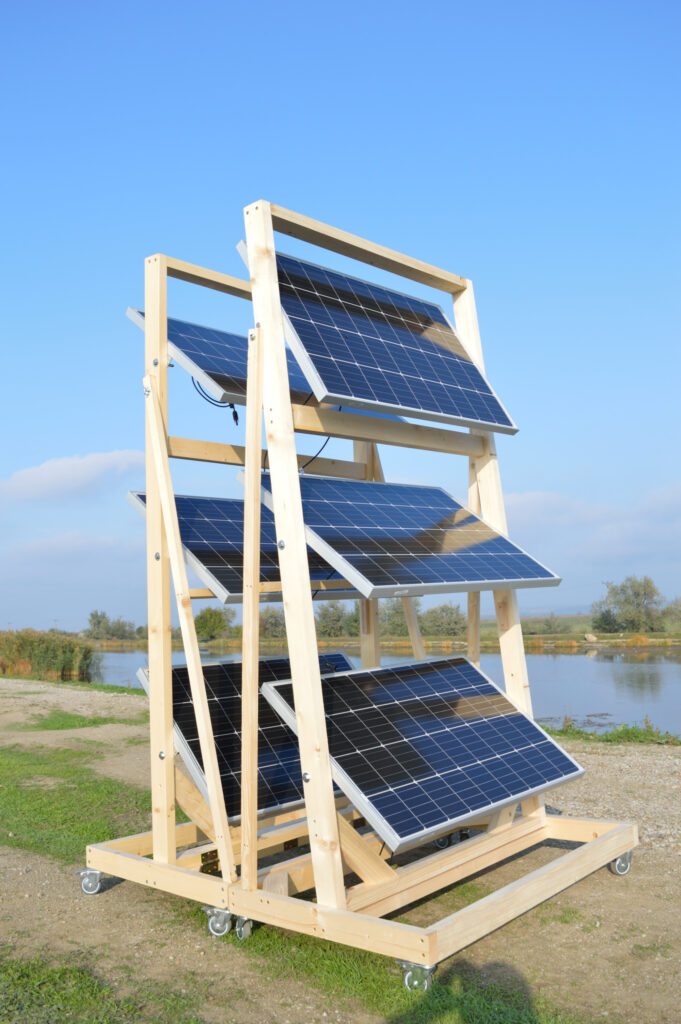Solar Energy: A Pillar of a Sustainable Future
Solar energy has emerged as one of the most promising solutions to tackle global energy and environmental challenges. Its popularity has grown exponentially over the past decades, thanks to technological advancements, the decline in production costs, and the increasing awareness of the importance of clean and renewable energy sources. This article explores the improvements in solar energy and its impact on the planet’s energy future.
>>Click Here to See How A Simple Carpenter Detected the Easiest Way for Saving Money on Power<<
What is Solar Energy?
Solar energy is the power obtained from sunlight, which can be converted into electricity or heat. There are two main methods for harnessing it:
- Photovoltaic Solar Energy: Uses solar panels to convert sunlight directly into electricity through photovoltaic cells.
- Solar Thermal Energy: Concentrates solar radiation to produce heat, which can be used directly or converted into electricity via turbines.
Recent Advances in Solar Energy
In recent years, solar energy has undergone significant improvements, making it more accessible and efficient. Among the key advancements are:
1. Increased Efficiency of Solar Panels
- The efficiency of photovoltaic cells — the proportion of sunlight converted into electricity — has improved substantially.
- Technologies like perovskite cells, bifacial cells (which capture light on both sides of the panel), and heterojunction cells have demonstrated higher efficiencies, exceeding 25%.
2. Cost Reduction
- The cost of producing photovoltaic modules has dropped dramatically, making solar energy more competitive compared to traditional sources like coal and natural gas.
- According to international reports, the cost of solar energy has fallen by more than 80% in the past decade.
3. Energy Storage
- Solar batteries, such as lithium-ion ones, have advanced in capacity, durability, and affordability. This enables energy generated during the day to be stored for nighttime or cloudy periods.
- Battery systems like the Tesla Powerwall and large-scale storage solutions are making continuous solar energy use viable.
4. Integration with Artificial Intelligence
- Artificial intelligence (AI)-based software helps predict energy production based on weather conditions, optimizing the use and distribution of solar energy.
- AI is also used to monitor panel efficiency and anticipate maintenance needs.
5. Applications in Small and Large Scales
- Solar systems for residential and commercial rooftops have become more accessible.
- Large-scale solar farms are being built in several countries, providing clean energy to millions of people.

Benefits of Solar Energy
Solar energy offers numerous benefits that make it an essential alternative for the future:
- Sustainability: It is an inexhaustible energy source that emits no greenhouse gases during operation.
- Long-term Savings: Despite the initial cost, solar systems reduce energy bills over time.
- Energy Independence: It allows individuals, businesses, and countries to reduce their dependence on fossil fuels and energy imports.
- Versatility: It can be applied on various scales, from small homes to large industrial facilities.
Challenges and Future Improvements
While solar energy has significantly advanced, there are still challenges to overcome:
- Intermittency: Generation depends on sunlight, requiring better storage systems and grid integration.
- Panel Recycling: Infrastructure and technology for recycling used solar panels need further development to prevent waste.
- Accessibility: Despite falling costs, some regions still face challenges in implementing solar systems due to financial or logistical limitations.
However, ongoing improvements promise to address these challenges. Technologies like flexible solar panels, hydrogen-based storage, and smart grids may further transform the sector.
The Impact of Solar Energy on the Future
Solar energy will play a crucial role in combating climate change and driving the global transition to renewable energy sources. Governments and companies are heavily investing in solar projects, while communities worldwide are adopting solar energy to create a cleaner and more sustainable future.
Experts predict that solar energy will become the primary global electricity source in the coming decades, representing not only an environmental solution but also an economic opportunity for developing countries and regions.
>>Click Here to See How A Simple Carpenter Detected the Easiest Way for Saving Money on Power<<
Conclusion
Solar energy is one of the most promising technologies to address the energy and environmental challenges of our time. Its continuous advancements, combined with global efforts to promote sustainability, are paving the way for a cleaner and more accessible future. Investing in solar energy today is investing in the health of the planet and the well-being of future generations. ☀️
Whether by installing solar panels at home, participating in community initiatives, or supporting public policies, everyone can contribute to this energy revolution.
3 Responses